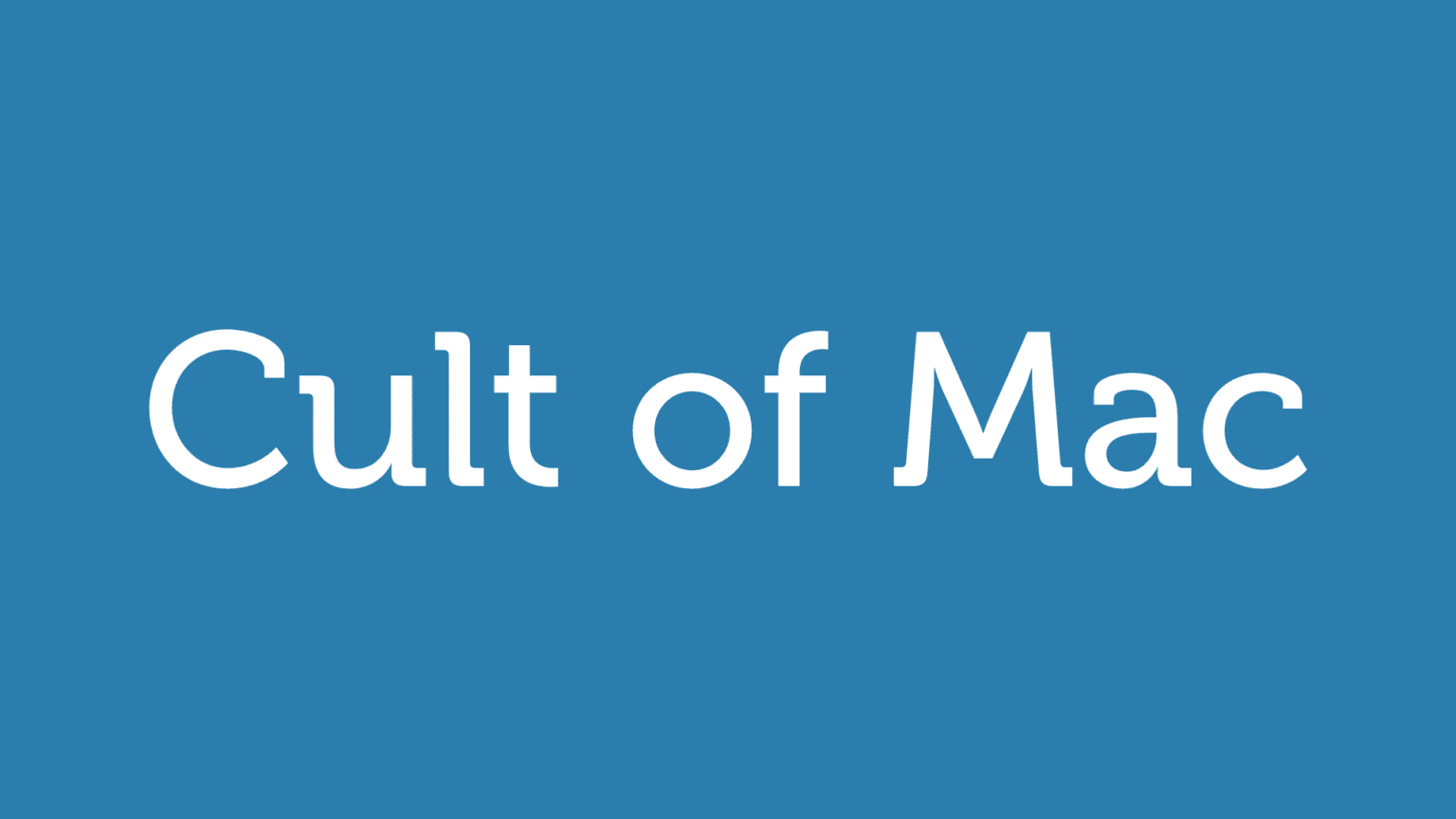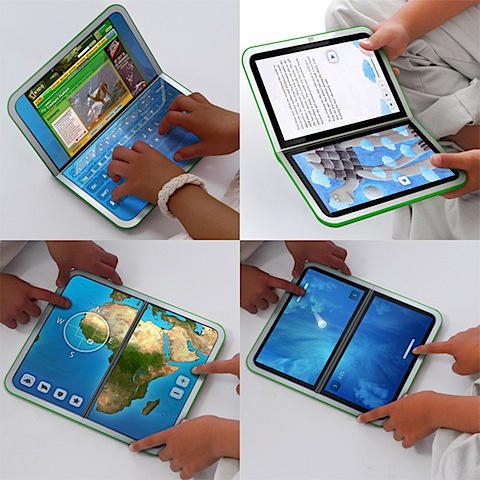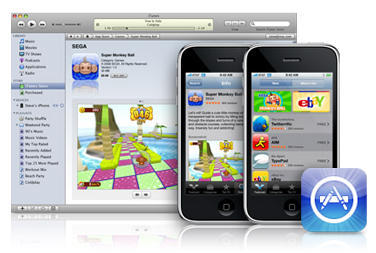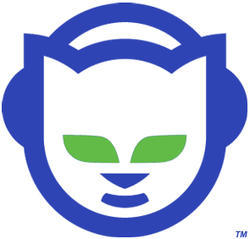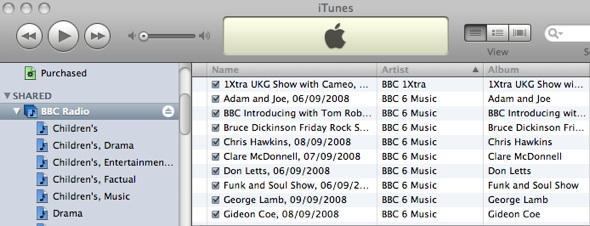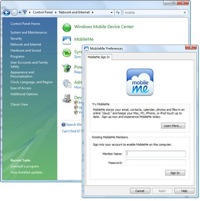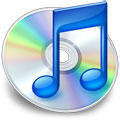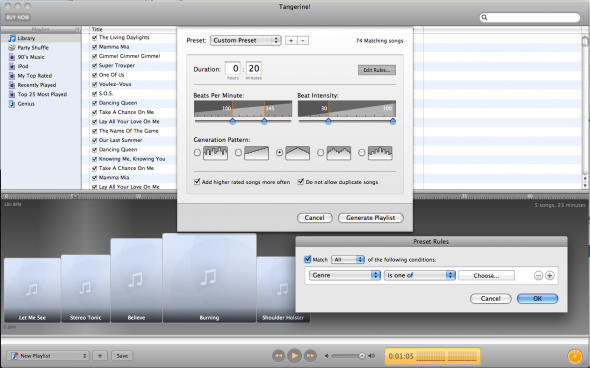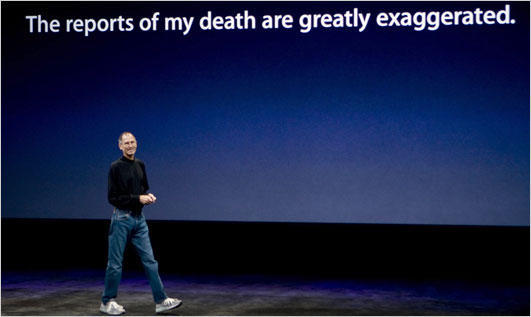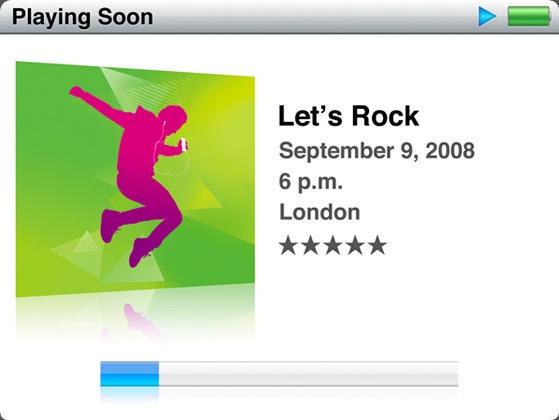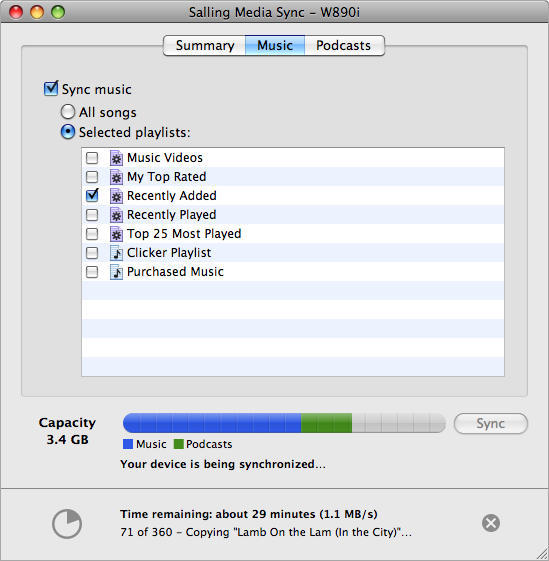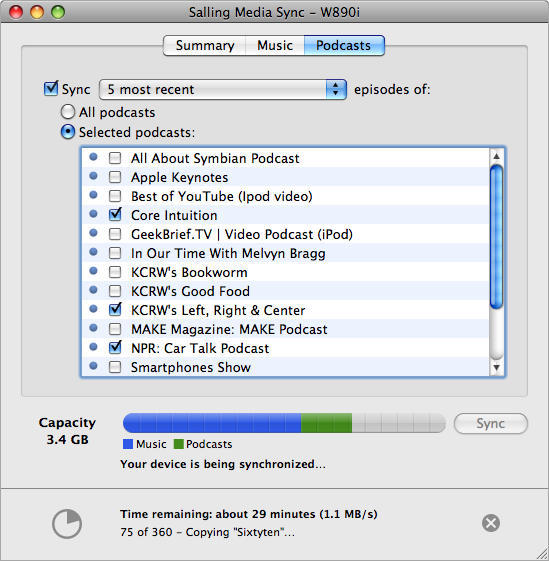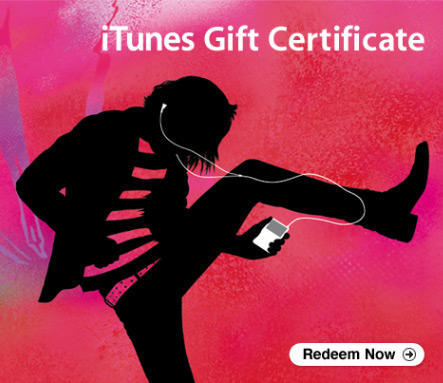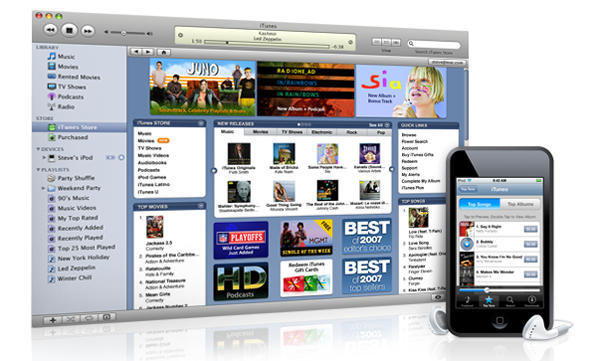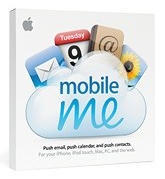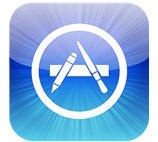We all read PC World. It’s our gateway to millions of articles, thousands of reviews, that killer red masthead banner, and a terrific selection of opinions on various techie things. Without it, our lives would be empty, lonely and sad.
But, oh, does PC Word drive us crazy sometimes. It lacks obvious research, hobbles truth, and says things that are just plain dumb. In some cases, PC World’s writers are to blame, not PC World itself, but the latter is the conduit through which those bad articles trickle.
We’ve rounded up 2 of these annoyances, all of which PC World could fix in about five minutes. In the meantime, we’ve listed workarounds for them—because, let’s face it, much as we hate PC World sometimes, we’re stuck with it.
1. Lazy-assed reporting regarding DRM
#2 on PC World’s list of 11 Things They Hate About iTunes is ‘DRM (Boo!)’, where writer Rick Broida moans “why does the iTunes Store still employ digital rights management (DRM) for the majority of songs in its library?” and claims that “Blaming the record labels no longer holds water”, citing that “AmazonMP3 and Rhapsody are among a growing number of services selling DRM-free MP3s from all the major labels, not just EMI”.
Presumably, it escaped Broida’s notice that this is hardly Apple’s decision. In fact, Jobs wrote an open letter entitled ‘Thoughts on Music’, stating that he wanted to ditch DRM entirely (from music alone, obviously—the chances of Jobs saying the same about movies are roughly on par with Arnie appearing in a hardcore sequel to Brokeback Mountain). To be fair to Broida and PC World, this letter was only published in February 2007, and so they might not have gotten around to reading it yet.
The answer to Broida’s question “why hasn’t Apple given DRM the heave-ho once and for all?” is, EMI aside, that the majors remain sh*t-scared of iTunes and are trying to give it a good kicking by cosying up to everyone else, in the hope of reducing Apple’s share of the market (and therefore, by association, their reliance on Apple as a retail channel). The fact that to do this said record labels are helping the likes of Amazon and Wal-Mart (not exactly teeny-tiny companies that care for the labels any more than Apple) merely shows how confused, deluded and insane they are, rather than highlighting any of Apple’s shortcomings.
Workaround moment! Stop reporting total bollocks about Apple and DRM. (And for readers: buy your stuff from Amazon, if you hate DRM, or buy shiny disc-shaped music receptacles from independent music retailers. And tut extremely loudly upon reading the PC World article.)
2. Lazy-assed reporting regarding NBC shows
#8 on PC World’s list of 11 Things They Hate About iTunes is ‘NBC Shows — Bring Them Back!’. This item notes that new seasons of NBC shows are just around the corner, and suggests that Apple and NBC were fighting over money, leading to the NBC shows being dropped.
“Swallow your pride and get NBC back on board in time for September,” suggests Broida. “We’ve got money for ‘Office’ burning a hole in our pockets.” I’m not sure what Apple would be swallowing if acquiescing to NBC’s absurd demands, but it wouldn’t be pride. After all, it’d have to do something drastic in order to pay for all the things NBC wanted. At least NBC’s real reason for divorcing the iTunes Store wasn’t, like the record labels, an attempt to wrest total control of its content from Apple, and take its ball home in a huff, right? Oh.
Workaround moment! Stop reporting total bollocks regarding Apple and NBC. (And for readers: watch TV on an actual TV, or buy DVDs/Blu-ray discs if you want to watch content at home, rather than spending money on crappy low-resolution versions for your portable players. And tut extremely loudly upon reading the PC World article.)
Coming soon to PC World: 11 Things We Hate About Apple, with #6 no doubt being that Apple stole the Mac OS from Xerox…
